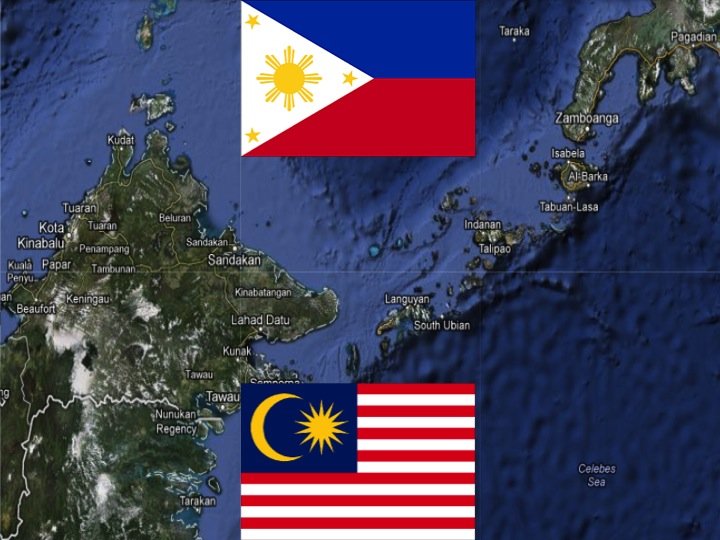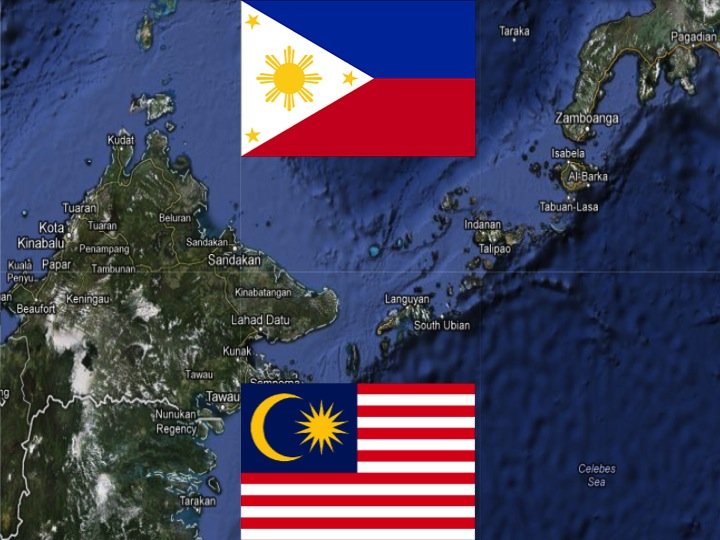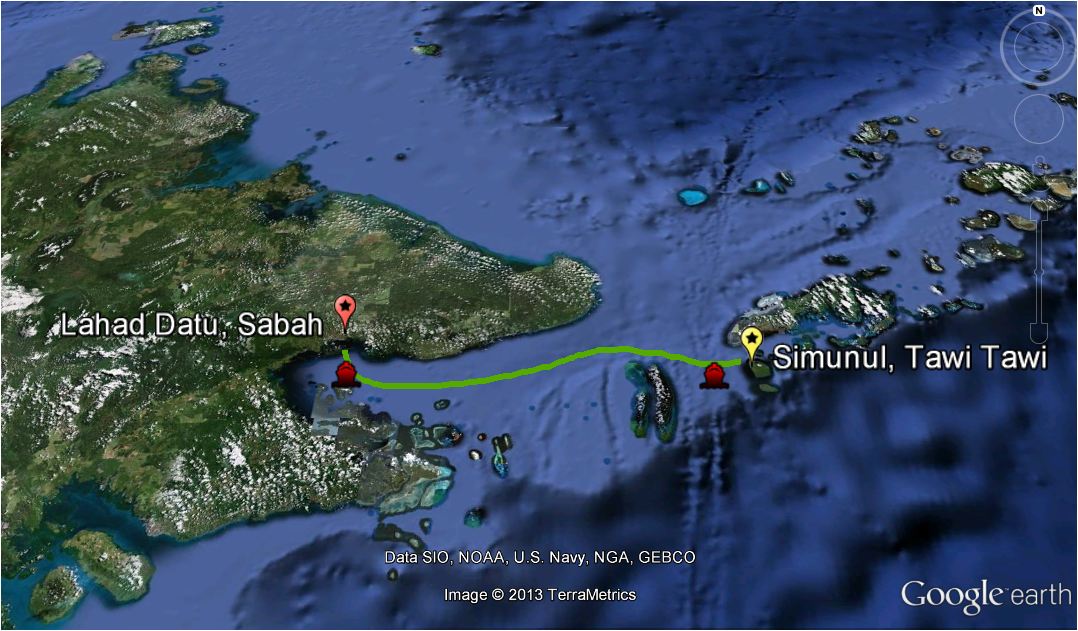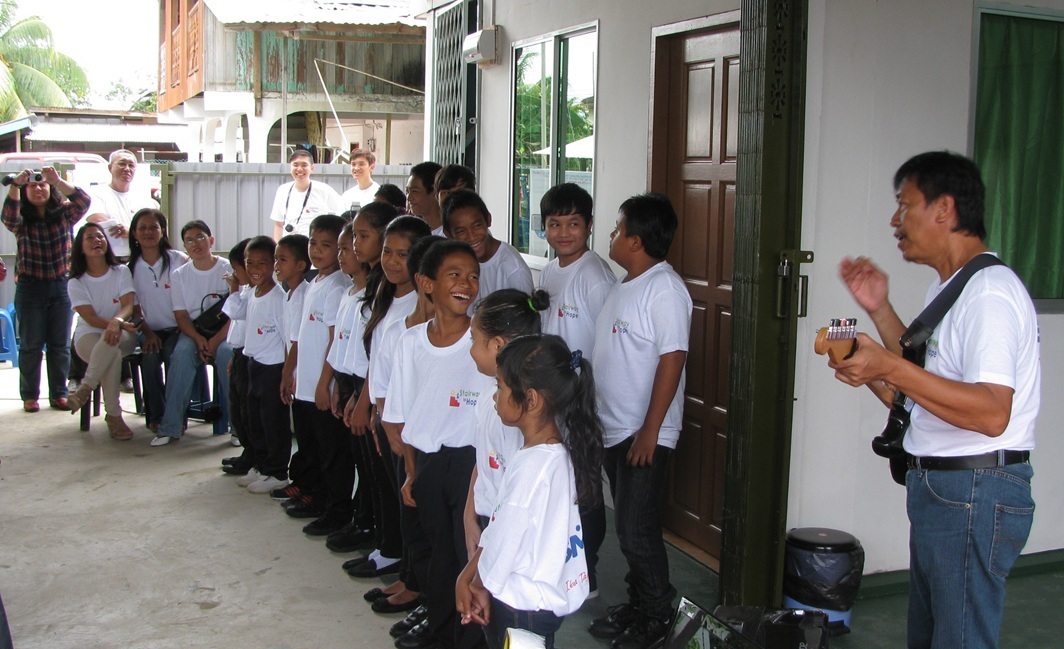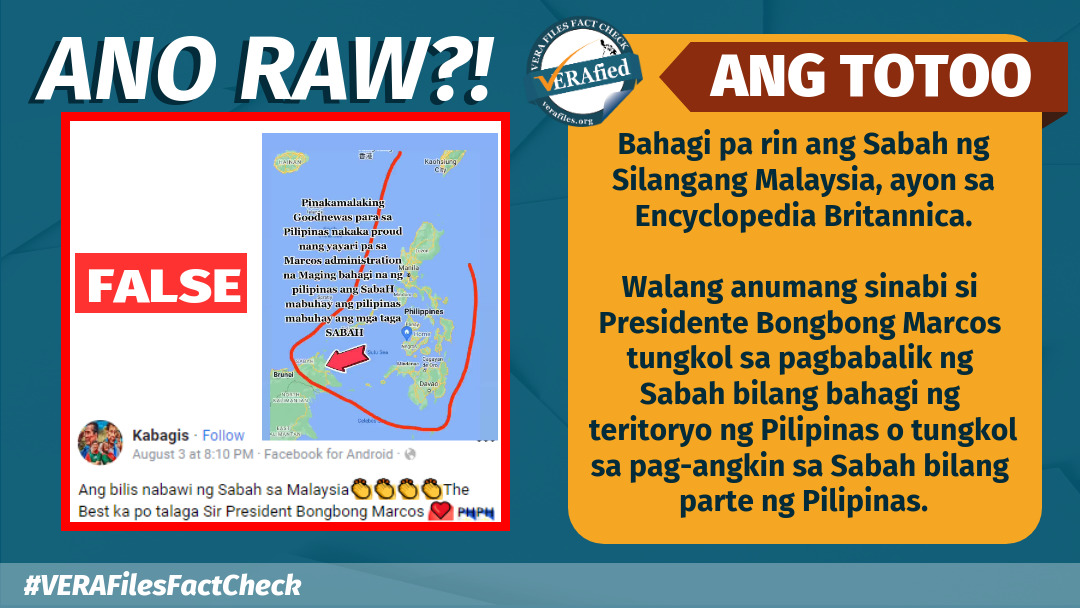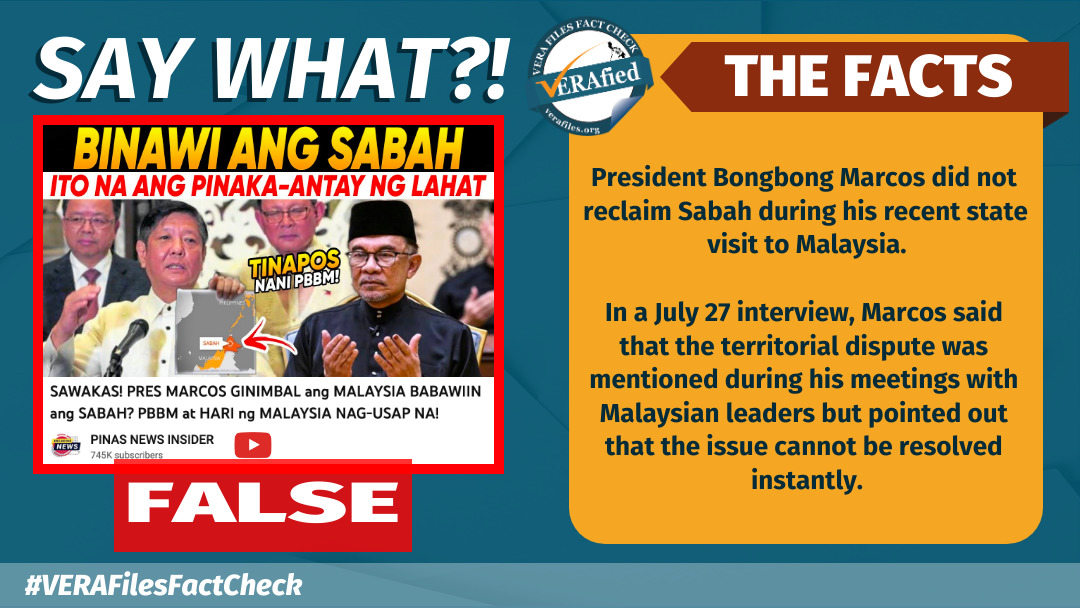By JONATHAN DE SANTOS
THE governments of the Philippines and Malaysia must soften their individual stance on the situation in Sabah to prevent further violence in the region, the president of a policy think tank said Friday.
Amina Rasul, president of the Philippine Center for Islam and Democracy, speaking at a forum at the UP Law Center, warned the hardline stances taken by both countries against followers of Sulu Sultan Jamalul Kiram III could only lead to more incursions into Sabah.
Kiram’s followers, led by Agbimuddin Kiram, occupied a village in Sabah in February to reiterate the sultanate’s claim on the disputed territory.
This led to a standoff with Malaysian security forces that has since erupted into conflict, with 61 Filipinos and five Malaysians reportedly killed in clashes that began on March 1.
Malaysia has rejected an offer of a ceasefire and has called for an unconditional surrender.
“Total surrender can only be accomplished with the annihilation of Sultanate forces,” Rasul said. Even if that happens, she said that will only be a temporary solution.
In the wake of the clashes, Malaysia has cracked down on Filipinos in Sabah. Along with the crack down have been reports of human rights abuses that lawyer Harry Roque, an expert in international law, has said “may be basis for criminal prosecution” as crimes against humanity.
“Even if they totally annihilate every single man and woman there, it’s not going to be a permanent victory,” Rasul said, adding the resulting violence will be detrimental to the Association of Southeast Asian Nations.
The Philippine Navy intercepted 38 of Kiram’s followers entering Philippine waters off Tawi-Tawi on Wednesday and reportedly fleeing fighting in Sabah.
Rasul said, however, she has received reports that some members of the Moro Islamic Liberation Front may join the fighting because “they see this as a Bangsamoro issue.”
Armed groups from Indonesia might also throw support behind Kiram, she added.
Rasul said the potential for more violence in an “area completely unused to armed conflict” as well as an existing movement for autonomy within Sabah make the area a powder keg in the region.
She said the Philippine government has to work toward giving Kiram and his followers an “honorable exit,” explaining surrender is dishonorable among the Tausugs.
She said the government should then push for dialogue with Malaysia over Sabah.
The Department of Justice has announced it will charge Kiram’s followers who were intercepted off Tawi-Tawi with illegal possession of firearms.
A joint panel of the National Bureau of Investigation and the Philippine National Police is, meanwhile, looking into charges that may be filed against Kiram and others in Manila.
“What’s the sense in that? (Then they will say we) might as well die,” Rasul said.
Rasul said the Philippine government should seek “a peaceful way out of this.”
Uniting the royal houses
That solution may be in uniting the three royal houses of the Sultanate of Sulu Paramount Sultan Ibrahim Bahjin, speaking at the same forum, said.
He said there are “other members of the royal family who have been neglected by Manila” who are also heirs of Sharaf ud-Din, the founder of the sultanate.
He said the heirs should meet and settle on a united stand to find a peaceful resolution to the dispute, which could include referring the matter to the International Court of Justice.
Rasul said uniting the heirs would make communication with the governments of Malaysia and the Philippines easier and would help shield the sultanate from “vested interests (who) could play the claimants against each other.”
“There are competing houses, competing claims, and many of them have legitimacy in their claims,” she said.
“We cannot move forward if the royal houses will not come together and decide who is the one sultan of Sulu,” she said, adding this may require that some royal houses set aside their claims.
She said Sultan Kiram has “seized the imagination of most citizens,” making him “probably primus inter pares (first among equals).”
Pushing the Philippine claim on Sabah
President Benigno Aquino III has said the Philippines has not abandoned its claim on Sabah and has ordered a study of the claim.
Lawyer Merlin Magallona, another expert in international law and a former dean of the UP College of Law, said Malaysia has “gone on full retreat” on its past positions on Sabah.
He cited the Manila Accord of 1963 between the Philippines, Federation of Malaya, and Indonesia, where the three nations agreed territorial claims should be settled “as soon as possible,” including the option to bring the dispute to an international court.
Magallona said Malasyia, in a meeting between Malaysian Prime Minister Abdul Rahman and Philippine President Diosdado Macapagal, again agreed that the dispute over Sabah could be referred to an international court.
Malaysia has pointed at a 1962 referendum which it said shows Sabahans chose to be part of Malaysia. Magallona said, however, that the referendum was not for the self-determination of the Sabahans. “I think there is some distortion there,” he said.
